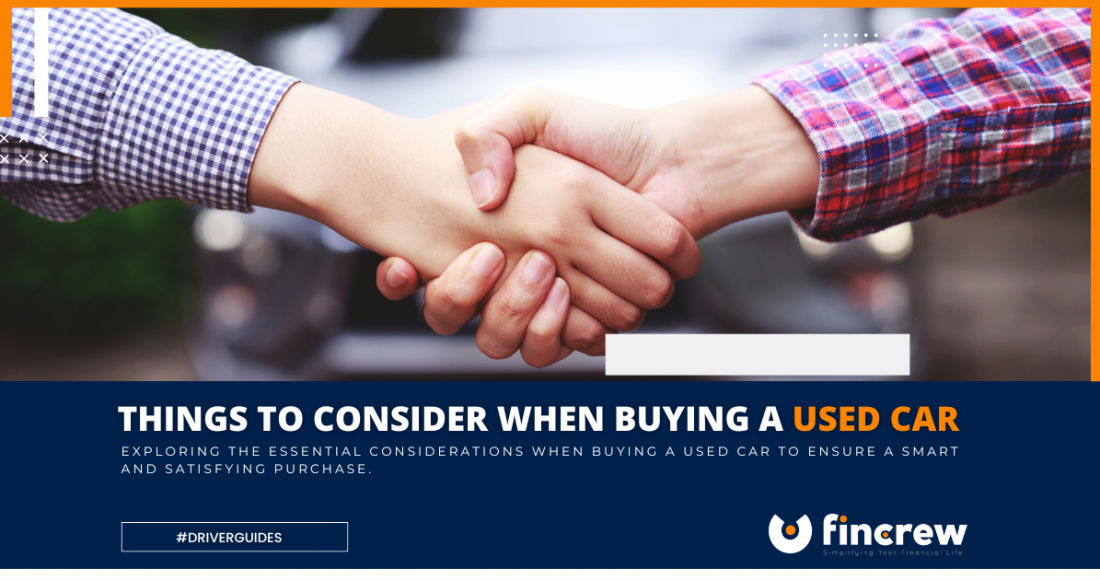It is a wise investment to buy used cars when you need to replace your vehicle because, although new car sales increase with a rising economy, used car purchases can offer an excellent long-term alternative. You can save more money by investing in a used car. Although this offers a way to live more economically, used vehicles will be prone to wear and tear from everyday use. You must avoid making these costly mistakes when you’re looking for a second-hand car. Remember that buying a used car is different from purchasing a brand-new one, and you can’t just blindly purchase one and expect it’s not going to give you headaches later on. A good deal on a used car requires a lot of research on your part. Here are six essential things to consider when buying a used car.
Budget
A problem when it comes to buying used cars is buyer’s remorse. Human nature is lazy, so our brain shuts down on logic when presented with many options and instead becomes biased toward what appeals to emotions. The result: regrettable overspending! Setting a budget before looking for a car to buy is essential, and you must adhere strictly to it when shopping. It will stop you from overspending and make a more informed decision regarding the purchase of your new vehicle.
Financing
The vast majority of car buyers finance their purchases. There are many ways you can acquire it – you can do so through your bank, through a private lending agency, or the dealer. There are different requirements for different types of financing. Some only require a small deposit and a short form, while others need you to fill out extensive paperwork. Before you go out looking for a car to buy, make sure you research financing. It will help you avoid a lot of headaches later on.
Insurance
It is common for used car dealers to require proof of insurance before closing the deal. It is not recommended you wait until this stage to look for insurance. When you’re short on time or in a hurry, you could pay a higher insurance premium than you would if you’d done your research and weighed your options properly. Once you have decided on some contenders for the car you want to buy, you should begin to look into your auto insurance options.
Get quotes from several insurance agencies for the options you have chosen. Compare the expected costs from the various agencies for each vehicle. Use the information to narrow down further the possibilities of what car is best for you.
Ownership And Car Title
Unless the car is financed or leased, the seller should be able to provide you with a title if you buy it outright. When dealing with an individual seller, it’s essential to verify if they are the actual owner of the vehicle. Ask for an identification that matches the title.
Vehicle History
Even though a particular car may look spotless, shiny, and almost brand new, there may be a whole host of problems hidden under its hood. Never buy a car based only on its appearance, but also take a close look at its history.
Pre-Purchase Inspection
It will help if you do not ignore the importance of pre-purchase inspections because they could prevent you from getting a bad deal or make a good deal even better. This inspection involves a trained technician examining the car inside and out before buying. Pre-purchase inspections aren’t expensive, and you won’t have to spend more than an hour or two on one. If your technician finds an issue with the car that the dealer or individual seller didn’t inform you about, you can use that information as your bargaining chip.
Final Thoughts
Even though purchasing a used car is a bit more hassle than buying a new one, the process is also far more exciting, and the potential value it can bring cannot be matched by a new vehicle.





